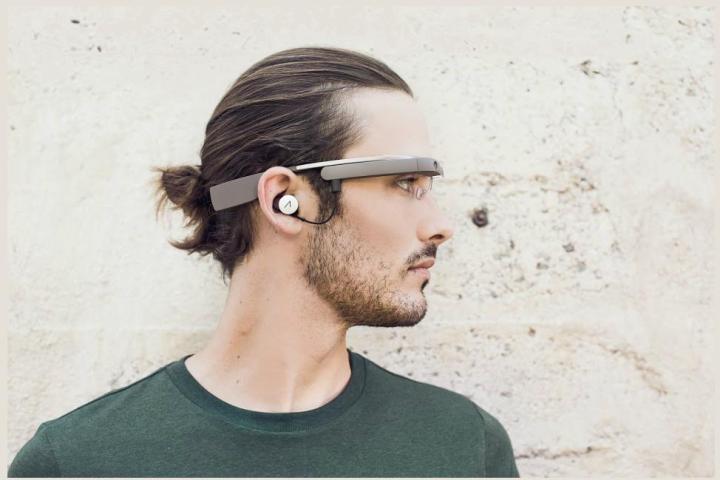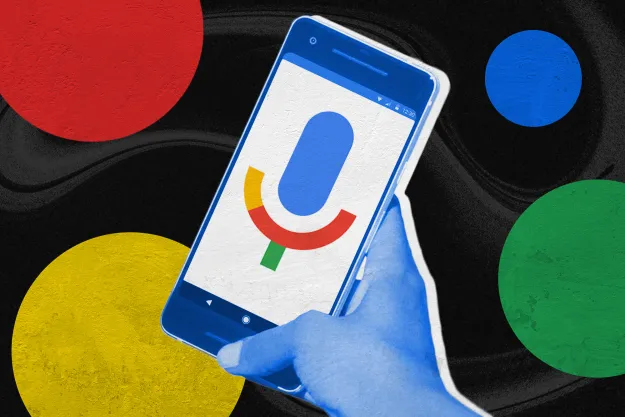
Google is gearing up to release some new Glass features on Tuesday, most of which are apparently aimed at music lovers interested in its face-based computer.
The added functionality will, for example, allow users to easily search through a database of tracks and explore playlists in their Google Play Music account, the NY Times reported late Monday.
A “listen to” command will be added to its list of displayed actions – visible when Glass boots up – allowing the wearer of the high-tech specs to simply call out the name of the track, or artist, they want to play.
Stereo earbuds
In addition, the Times also expects the Mountain View company to unveil a set of stereo earbuds with interchangeable colored caps, likely to hit the recently launched Glass accessory store before the end of the month with an $85 price tag.
A couple of weeks back Google took the wraps off a mono earbud, which it says provides high-quality sound for phone and video calls, for $50. Before that you had to rely on your skull for audio delivery (we’re talking bone conduction technology here).
The new features will join Glass’s Sound Search, a tool similar to Shazam that helps you identify a piece of music playing nearby, for example on TV or in a movie theater.
“With these new features, we’re now building a great music experience on Glass, whether you’re a classical music professor, an acclaimed sound engineer and hip-hop producer, or someone who wants to listen to their favorite tunes anytime, anywhere,” Ed Sanders, the director of marketing for Google Glass, said in a statement seen by the Times.
Ahead of Tuesday’s expected unveil, the Web giant has posted a video on YouTube showing off some of Glass’s music-related features. Look carefully and you’ll spot the new stereo earbuds (yes, they’re wedged in Young Guru’s ears).
Google has been rolling out software updates on a monthly basis to improve Glass’s functionality. Currently tested by an army of users known as Explorers, the company’s long-awaited wearable tech is expected hit stores in the first half of 2014.
Editors' Recommendations
- 5 smartwatches you should buy instead of the Google Pixel Watch 2
- Tidal vs. Spotify: Which music streaming service has the features you need?
- 5 phones you should buy instead of the Google Pixel 8
- Check your Google Pixel Watch right now for two new features
- These are the best Android 15 features you need to know about
